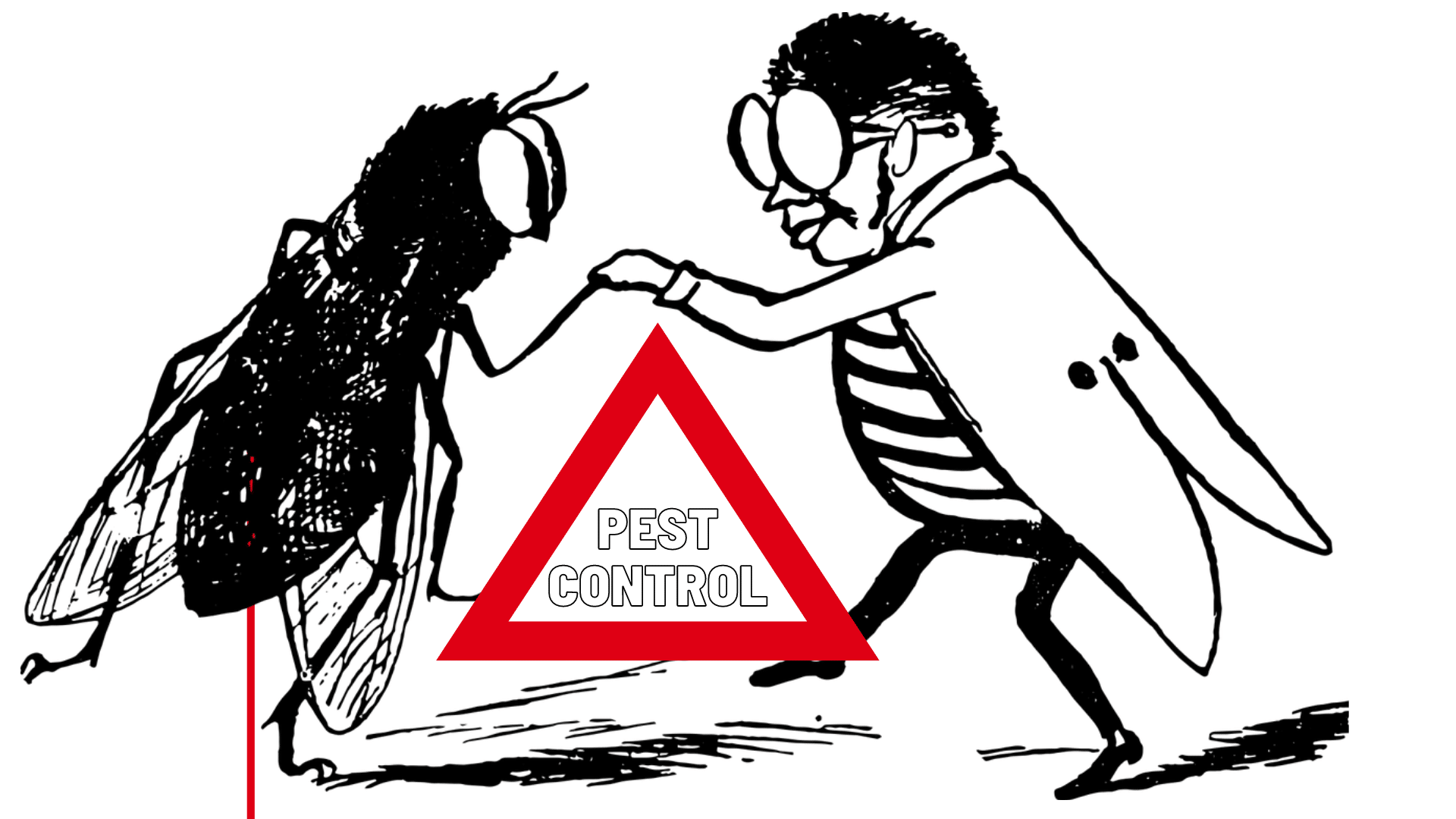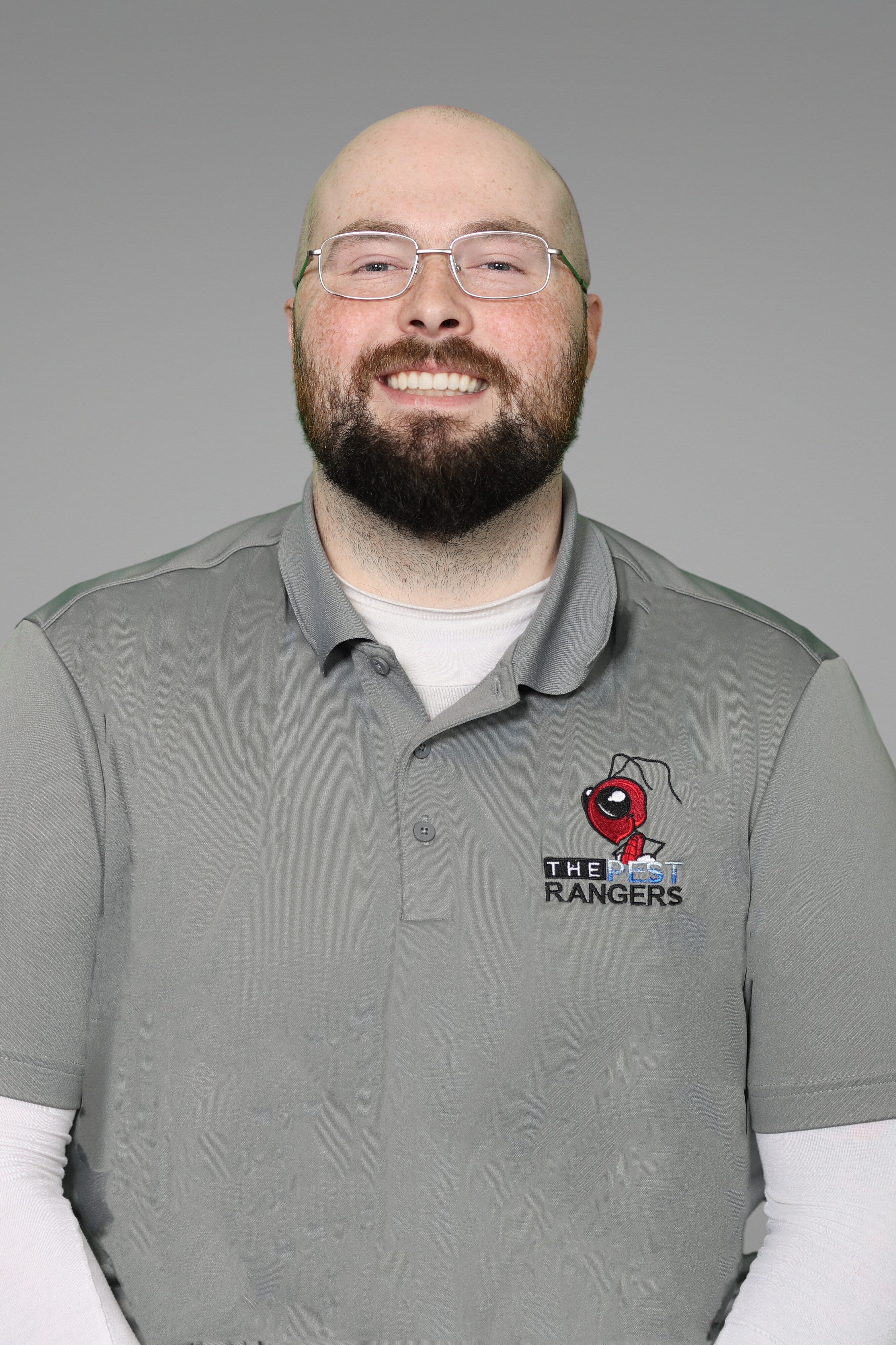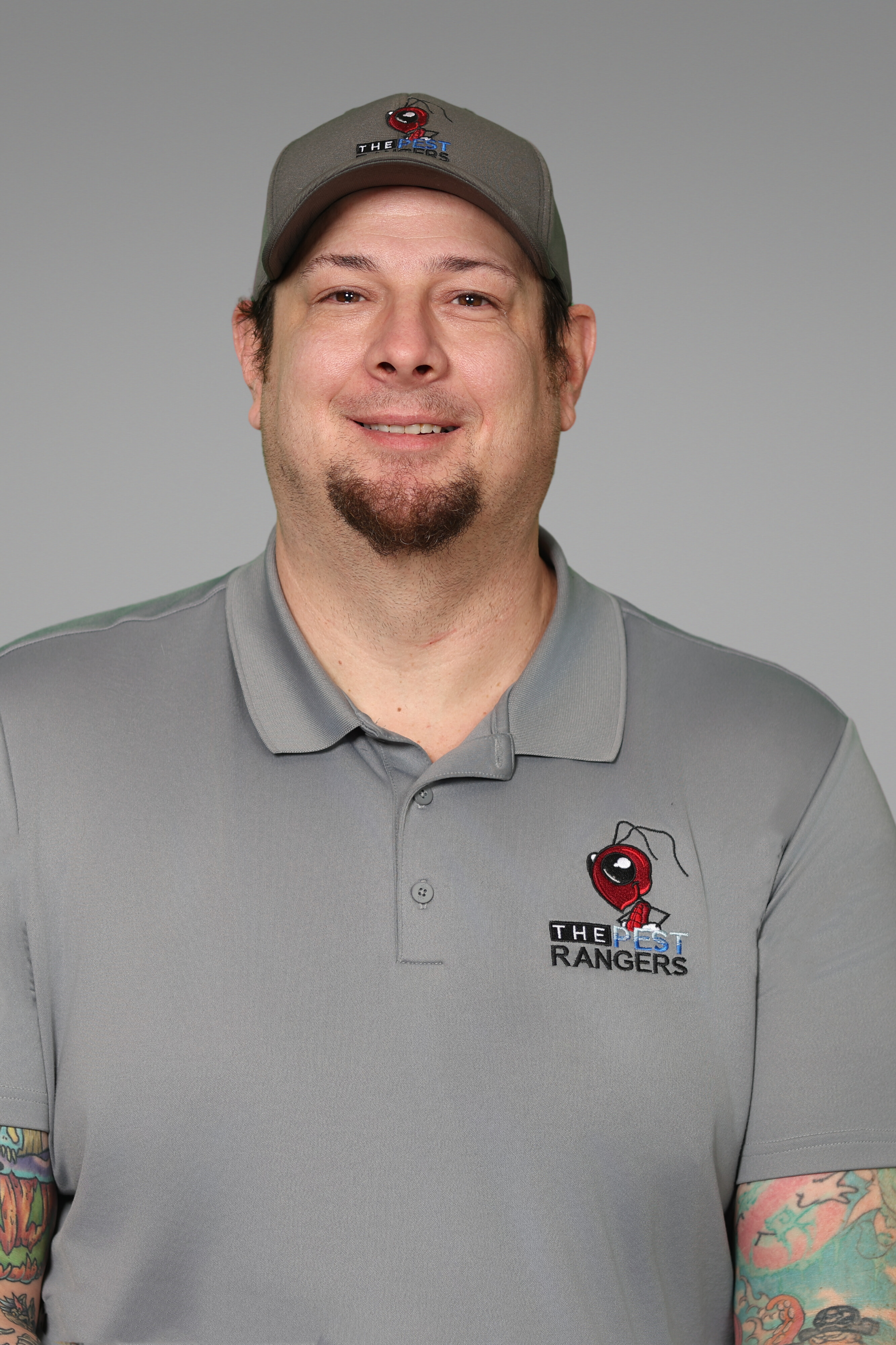Finding an infestation in your home can be a nerve-wracking experience. The presence of these unwanted house guests may not just leave your skin crawling, but some creatures can wreak havoc on your property.
Some pests can even be downright dangerous. Then again, there are instances where a pest control problem isn’t the end of the world and can be a simple do-it-yourself fix.
The best approach is to get an idea of the issue at hand and decide if it’s better to handle it alone or seek professional help. Of course, that’s easier said than done. Here are seven points to consider before deciding to try DYI pest control or hire a pest control expert.
1. The Size of the Problem
The first step you should take when evaluating a pest control problem is to see what you’re up against. If you have a few fruit flies drifting around your kitchen, calling in a swat team of exterminators may not be worth it. If you have an entire fleet swarming the drains, your food, and your family, that’s another story.
Whether the problem is inside your home or outside the backyard, try to gauge the size of your infestation. If you’re dealing with a few ant hills or overwintering pests, there are plenty of home remedies and tricks you can try to get rid of them.
When the numbers are overwhelming, and you can’t even enjoy sitting on your patio for fear of a mosquito or wasp attack, it may be time to have an expert take care of the job. When you’re sizing up your intruders, though, you may want to keep in mind what type of pest you have on your hands before you decide to handle it yourself.
2. The Actual Pests
Some pests are harmless and easy to take care of when they end up in your home. However, there are plenty of pests that you may be better off leaving to the professions. Termites and bed bugs are two different insects that can be very hard to trace and even harder to eliminate. Termites cost millions in property damage every year; they can construct huge colonies, and unfortunately, right under your nose.
Likewise, bed bugs can be elusive little devils, burrowing into your furniture, bedding, and walls, and only coming out in the night for a blood-feeding. You may not even notice until you find mysterious welts on your skin the next day.
In addition to hard-to-find pests, some creatures can be downright dangerous. Cockroaches, mosquitoes, and rodents all carry life-threatening diseases. They can also be challenging to get rid of on your own. Before you approach a pest issue alone, keep in mind what you might be up against.
3. How Complicated the Process
Taking care of a pest problem is more than just buying a bug spray and zapping the bugs away. All pests are different and require different strategies to get rid of them. Some pests can’t stand the scent of certain plants like citronella, while diatomaceous earth could be the perfect solution for others.
Additionally, when trying to get rid of your pest problem, you have to take the time to find out where they are hiding, how they are getting in, and what you need to adjust in your home. Simple preventative tactics could put an end to your infestation, especially for seasonal pests. The trick is doing the research and figuring out how to handle your unique situation. If you aren’t ready to do a deep dive, you may want to hand the issue off to professionals.
4. How Much Time Do You Have?
Depending on the size and type of pest problem you have, it could take some time to get rid of your unwanted house guest. There’s plenty that must be done before you formulate a strategy: identify the problem and its size, find out where they are coming from and where they are hiding in your home or yard, discover what you need to get rid of them.
Of course, you may have to try a process of elimination, and sometimes you may have to try a few different times. For example, ants can be quite resilient. You may have to set a few traps before the colony is gone for good, or you might have to try a few different baits to find one that works. The worst part is, even after all that work, pests can make a return if you don’t keep up with yearly maintenance or re-apply sprays.
If you don’t want to spend the time doing all the prep work and constant maintenance, you can always refer to a pest control expert, especially if your infestation is stubborn and keeps coming back. A few quick visits, and easy diagnosis, and a few treatments later, can have your home and yard back in no-time. Plus, most pest control companies offer a guarantee if you have return visitors. Again, this all depends on what type of infestation you have and how prepared you are to handle it.
5. Have you Tried This Before?
Before diving into your pest control problem yourself, you should probably do a little research. Many of the points on this list address a decent amount of research before diving head-first into DIY pest control. There’s no one size fits all approach, and if you haven’t tackled a pest problem before, it can be a little intimidating.
This process can be very tricky and when it comes to handling certain repellents and herbicides. Before you take any chances, you really want to be sure you are using the proper materials and amounts to address your problem. You may not have to use any chemicals at all!
In addition to not being familiar with identification, methods, or what actions are needed, you may find that the pest you need to remove may be protected. Bats, for instance, are protected by law, while other insects, like the Spotted Lantern Fly, are invasive species that are being monitored. Of course, there are plenty of pests you can take care of on your own; however, you must be willing to put in the work to learn about your case first. Otherwise, it may be easier to hire a professional.
6. It Can Be Risky
Pest control is no joke, and if you are new to the whole DIY, it can be dangerous. Sprayers, foggers, and just your regular household traps all carry a bit of risk when you put them out, especially for pets and small children. If you don’t follow the precautions or the steps correctly, you can end up doing way more harm to yourself and your property.
Aside from the deadly side-effects, certain sprays may take out bugs and plants you may want to keep around. Before jumping right into herbicides, do your homework and see which treatments would work best for your situation. In some cases, the insecticides may not be effective against your pest problem at all. Also, when it comes to bigger problems, like termites and bed bugs, pest removal may require more extreme measurements better left to professionals.
 7. The Cost
7. The Cost
The final issue to consider when tackling a pest problem is the cost. While a pest control expert is a more efficient and safer way to handle a pest problem, it can get costly. DIY treatments and at-home kits are going to be way more cost-effective.
Of course, that depends on your infestation. If you are unable to get rid of your pest problem, you may be shelling out more money in the long run for the same problem. Also, in the case of difficult cases, the cost may be worth getting rid of the rodents or termites infesting your home. What it all comes down to is what you have and whether you can take care of the issue quickly.
Concluding Thoughts
When it comes downs to taking care of a pest problem yourself or handing it off to professionals, it boils down to your unique situation. Whether you have a few invading ants or an entire colony, there are numerous ways to tackle your problem. There are plenty of situations where you can handle a pest problem on your own, provided you do the proper research beforehand.
Still, there are a few larger-than-life problems that are better left to the professionals. Take precautions when it comes to pest control, and don’t hesitate to reach out to the experts.




























